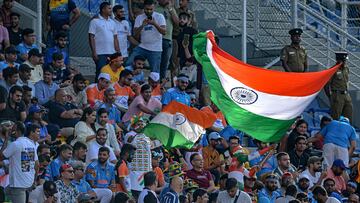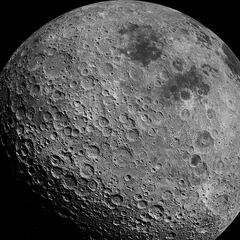Why is India changing to Bharat? Some officials want to change the country’s name
Reports are suggesting that the Asian country is set to change its official name to an ancient spelling of the country.


The latest G20 economic summit has tongues wagging about a potential change to the world’s second largest nation, India. Though nothing has been officially confirmed by the Indian government, the country could be renamed to ‘Bharat’.
Prime Minister Narendra Modi is thought to be behind the potential switch. The invites to the summit were sent by “the Prime Minister of Bharat”, with no mention of India.
He leads the right-wing Bharatiya Janata Party which unashamedly advances its Hindu agenda at the expense of the country’s huge Muslim minority of 200 million people. This has included incitements of violence and restrictions of the rights of Muslims.
Members of Modi’s party argue that shaking off the name of India will right a historical wrong from the era of British colonialism. The European country controlled India from the mid 18th century until the middle of the 20th century when it became independant. The name India gained importance during this period.
What does Bharat mean?
According to Hindu mythology, India is named after King Bharata, a legendary emperor and a key figure in ancient Indian texts like the Mahabharata and Vishnu Purana. The name ‘Bharat’ is derived from his name and translates to ‘India’ in English; a reference to the Indus river valley in the region. Bharat has been used as a name for the subcontinent for many centuries and is mentioned in ancient texts and inscriptions.
Map of British India
— Krishna Tupe (@krishna_tupe) May 4, 2023
(1904) pic.twitter.com/i0wYkzi81g
The name “Bharat” is officially recognised in the Constitution of India. Article 1 of the Indian Constitution states that: “India, that is Bharat, shall be a Union of States.”
What is most important in the context of the ruling party’s politics is that Bharat is used more commonly in the Hindu language, the ostensible targets of the governments policies. While a name change could prove popular, it also would stand as a marker for who the country is for, Hindus and not Muslims or any other religious minorities and their respective languages.
Is there a precedent for changing the name of a country?
Yes, and it is quite common.
Related stories
A recent example came in 2019. The Former Yugoslav Republic of Macedonia officially changed its name to North Macedonia to resolve a longstanding dispute with Greece. Greece had objected to the use of the name “Macedonia” because it has a region with the same name, alleging its northern neighbour held a terratorial claim.
In terms of anti-colonial struggles, Southern Rhodesia gained independence from British colonial rule in 1980 and adopted the name “Zimbabwe” to reflect its African heritage and culture.

